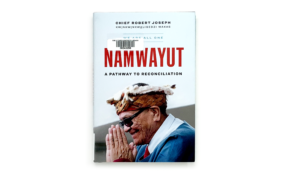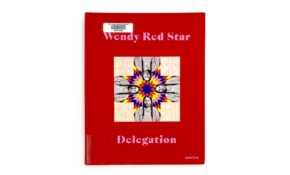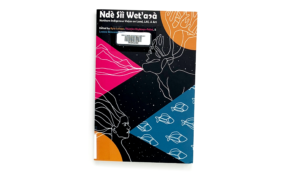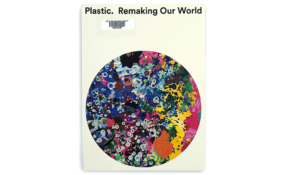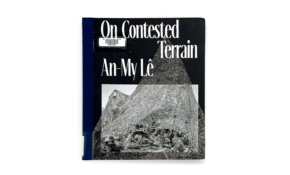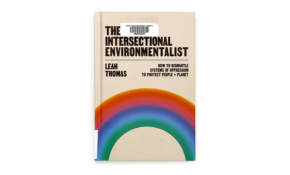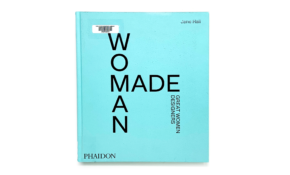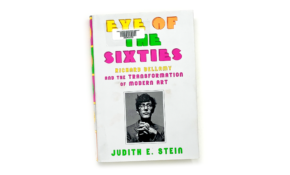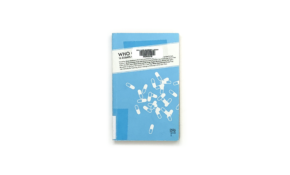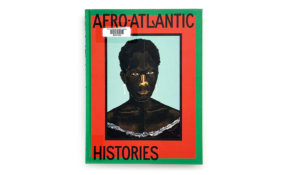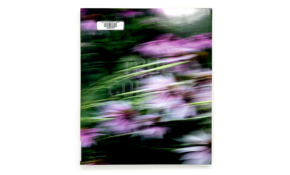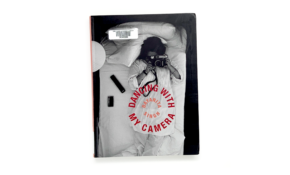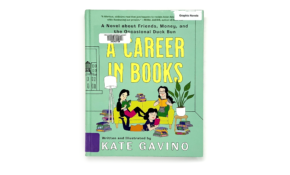Library Roundup - September 2022
Posted on
Filed in Faculty, Staff, Students

What's happening at the ECU Library + Archives?
September was a busy month at the ECU Library + Archives. We would like to take a moment to welcome all our new students - take a look at our welcome post if you'd like to learn a bit more about how the Library works, or take a look at our welcome video for a fun, irreverent introduction to our space!
Last month the ECU library partnered with BCLA and several other BC libraries to promote Climate Action Week. Climate Action Week was intended to "raise awareness, answer our communities’ growing needs, and articulate clearly that libraries are places to connect people and access resources on climate change." Our staff members also wrote some short blurbs about books on the topic, which you can read below. While Climate Action Week is now over, the Sustainability collection will continue to be available and we have further sustainability initiatives up our sleeves.
The ECU campus was closed on Friday, Sept. 30th for the National Day for Truth & Reconciliation. We encourage our community to take this day to support and honour the Survivors of residential schools, and to commemorate the children who never returned home. If you are looking for materials to reflect upon, resources are available online in our Indigenous Topics Libguide and there are some good videos and short films in the Orange Shirt Day playlist from the NFB.
Self-Serve printing on campus also changed this month, moving away from the old-school print cards to a new system that allows folks to print using their ECU OneCard!
Climate Action Week - Staff Picks
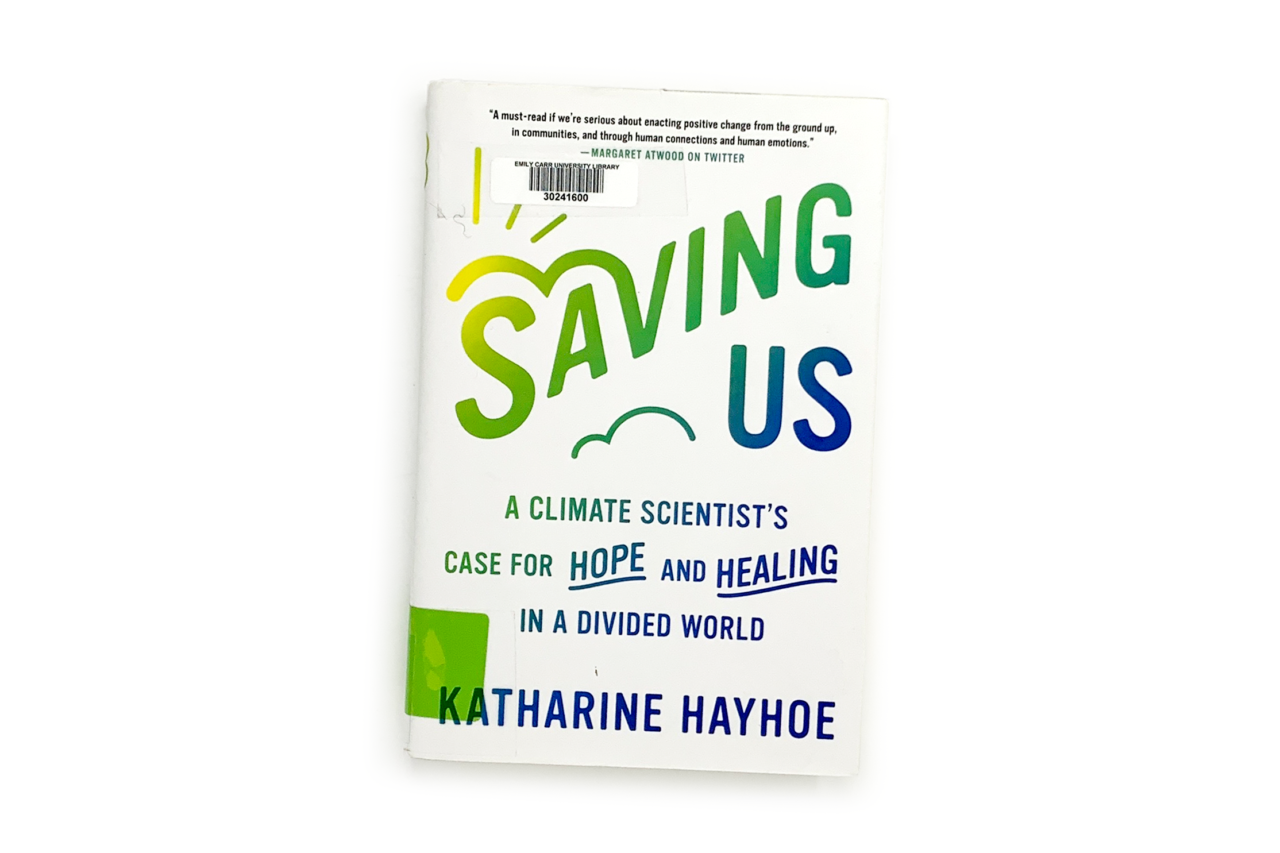
Saving Us: A Climate Scientist’s Case for Hope in a Divided World / Katharine Hayhoe, 2021
Saving Us summarizes everything you need to know when discussing climate change. LESSON 1: There is a small but vocal minority of deniers whose minds you will not change. LESSON 2: Even if you can’t change someone’s mind, it is important to counter misinformation with scientific facts. LESSON 3: People are less likely to be persuaded by facts than by relating climate change to their personal interests. LESSON 4: Ground your message in who you are. LESSON 5: Highlight local examples: the impacts of climate change are happening right here, right now. LESSON 6: Be realistics about the severity of the situation, but don’t scare or guilt people. Offer solutions and hope!
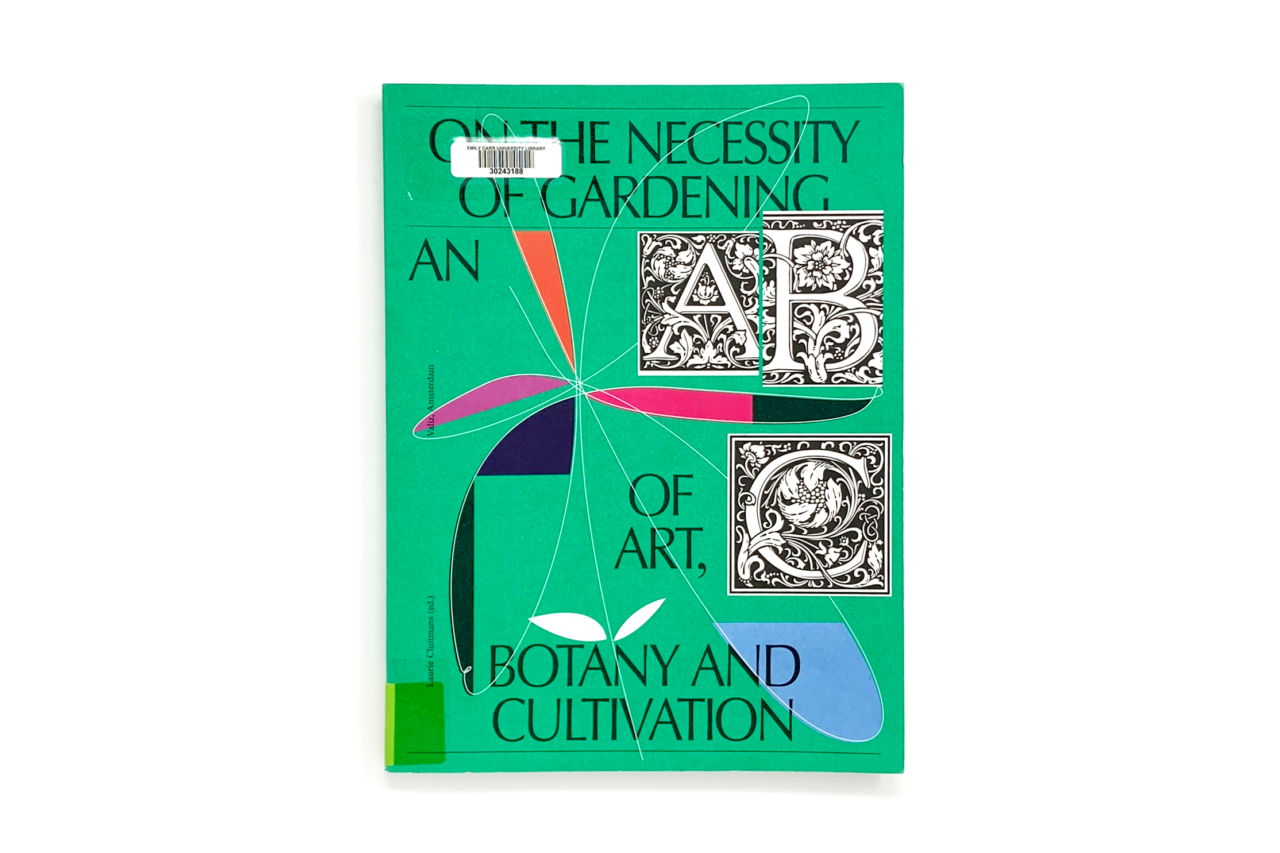
On the Necessity of Gardening, an ABC of Art, Botany and Cultivation / edited by Laurie Cluitmans, 2021
This book is an intensely beautiful, generously illustrated overview of academic writing, poetry, art and plant science related to gardens. You can open this book to any page and start reading - cross referencing contexts, learn like you would in nature - through exploration that just feels pleasurable. In contemplating the “Necessity of Gardening” I keep returning to this quote from the Erik A. de Jong essay used as its forward: “Especially in difficult times… it is the garden that is the training ground for the creativity and wisdom that will enable us to recreate the world.”
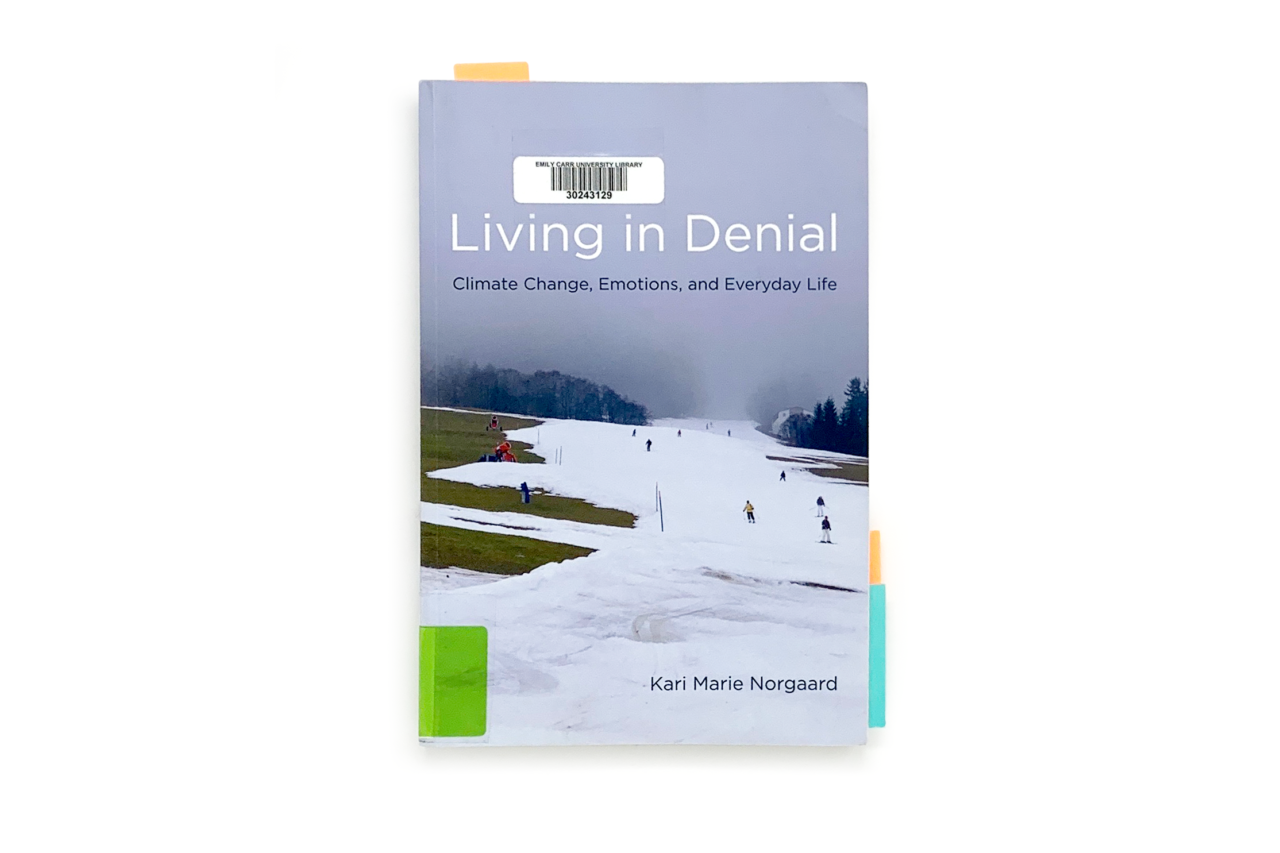
Living in Denial : Climate Change, Emotions, and Everyday Life / Kari Marie Norgaard, 2011
What is it about climate change that paralyzes people into inaction? Living in Denial is a sociological exploration of a prosperous rural community in Norway experiencing the effects of climate change in the early 2000s. Its residents are highly educated, politically active, and acknowledge the realities of climate change – yet appear indifferent when it comes to taking action or even speaking about the topic. Norgaard explores the social psychology of apathy as a defense mechanism, as well as other coping strategies that people use when confronted with problems that seem too big to handle.
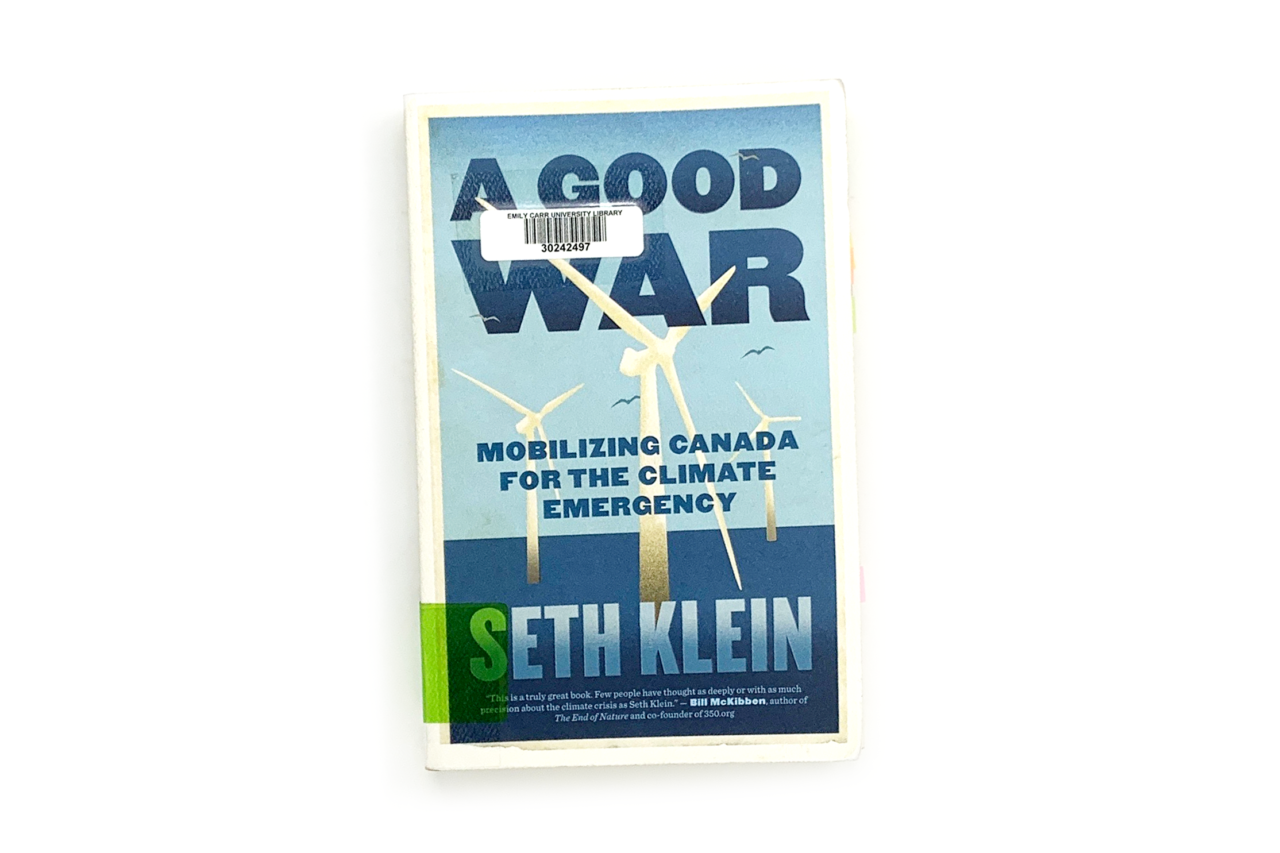
A Good War: Mobilizing for the Climate Emergency / Seth Klein, 2020
Before filing this under ‘dad book’, take a flip through: there’s some really useful and inspiring material in here! Klein is an avowed pacifist, but he uses Canada’s experience in the Second World War as a model for how we can mobilize to fight the climate crisis. Along the way, Klein suggests some powerful economic, policy, communications, and artistic measures to motivate Canadians to make a just transition to a post-carbon world. Maybe this is a ‘dad book’, but there’s something for everyone in here. Plus, we really need to get the dads and granddads on board.
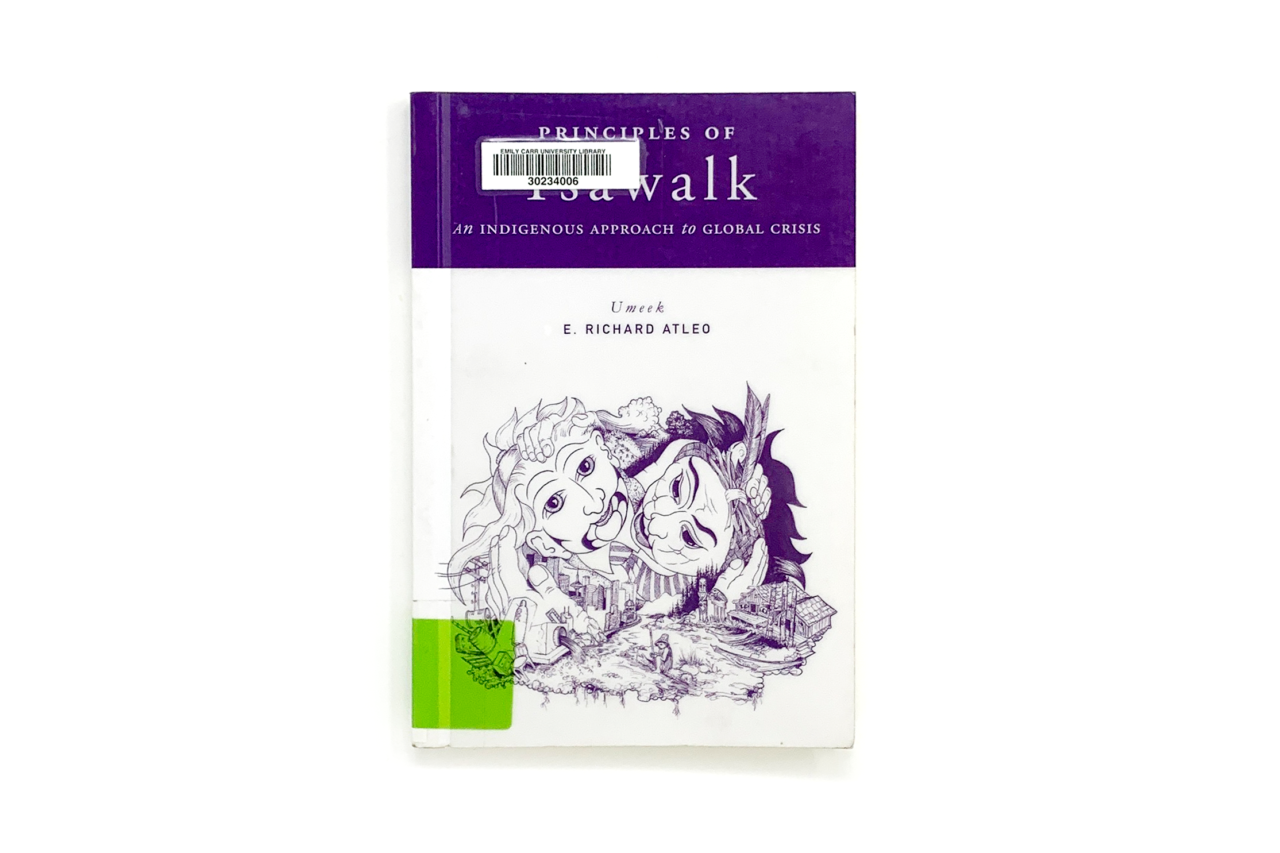
Tsawalk: An Indigenous Approach to Global Crisis / E. Richard Atleo, 2011
This is one of those books that made me think, if everyone read this - or, at least our policy makers - it would change the world! In Tsawalk, hereditary chief Umeek (E. Richard Atleo) shows how the Nuu-chah-nulth concept of heshook-ish tsawalk, or ‘everything is one’, could guide us through our current crises. But far from endorsing new age platitudes (like ‘everything is everything’), Atleo critiques the Western scientific worldview for fragmenting the world into discrete mechanical parts. In place of this mechanistic perspective, Atleo shows how a more holistic worldview favouring recognition, consent, continuity, and storytelling could restore balance to a troubled world.
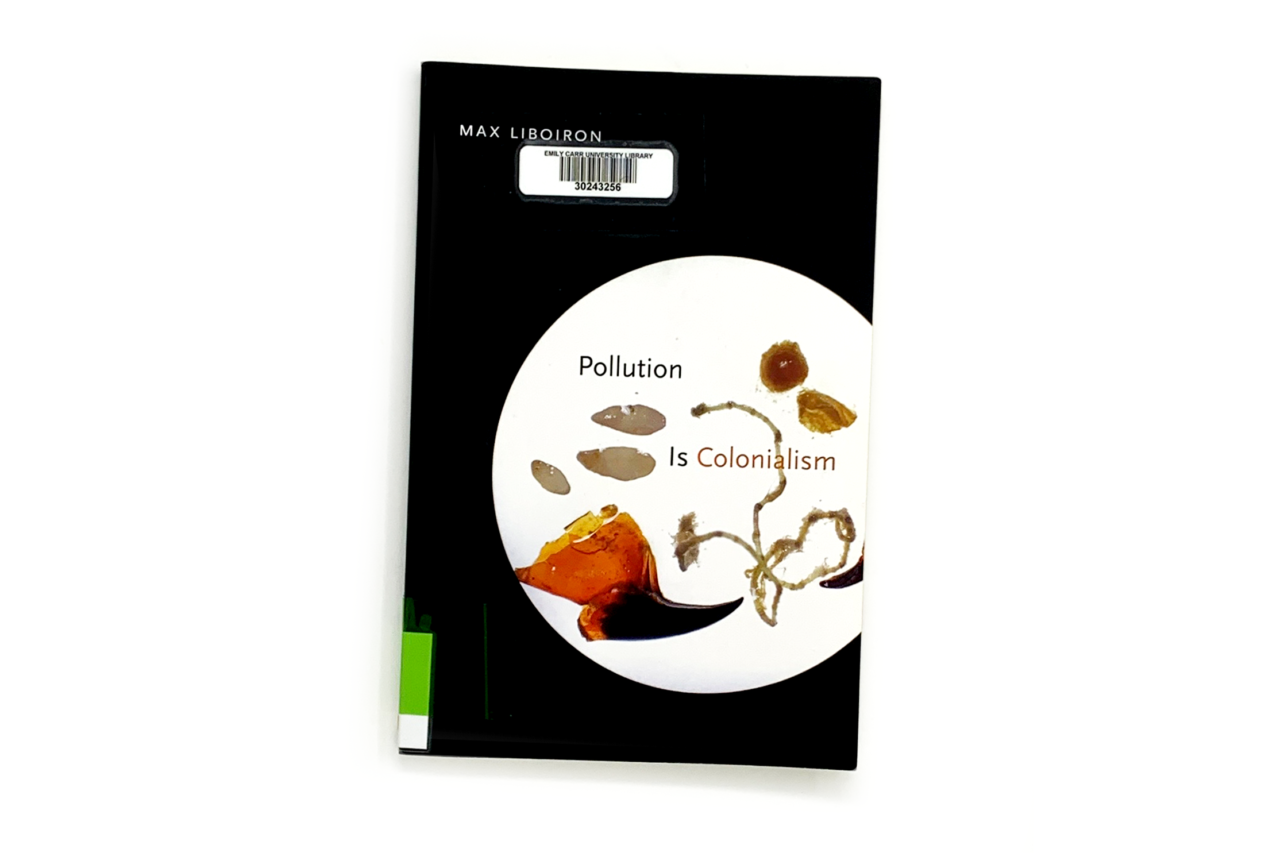
Pollution is Colonialism / Max Liboiron, 2021
In Pollution is Colonialism, Max Liboiron looks at pollution and the climate crisis as a direct enactment of colonialism that relies on Indigenous land, not just a result of colonialism. Liboiron not only looks at the climate crisis, but interrogates the scientific framework, demonstrating modes for anticolonial processes and relationships within science and academia. Through a creative and inspiring use of footnotes, they do science and academic writing differently - they uphold their teachers and challenge colonial norms, for example using the term ‘unmarked’ after the names of those who have not identified their positionality.
This is a text that will make you think hard about how all these systems are interconnected. Liboiron writes: “I find that many people understand colonialism as a monolithic structure with roots historically in historical bad action, rather than as a set of contemporary and evolving land relations that can be maintained by good intentions and even good deeds. The call for more recycling, for example, still assumes access to Indigenous land for recycling centres and their pollution.” (p. 6)
After reading this book you will not think the same way about climate action and the science that backs it - in the best way possible!
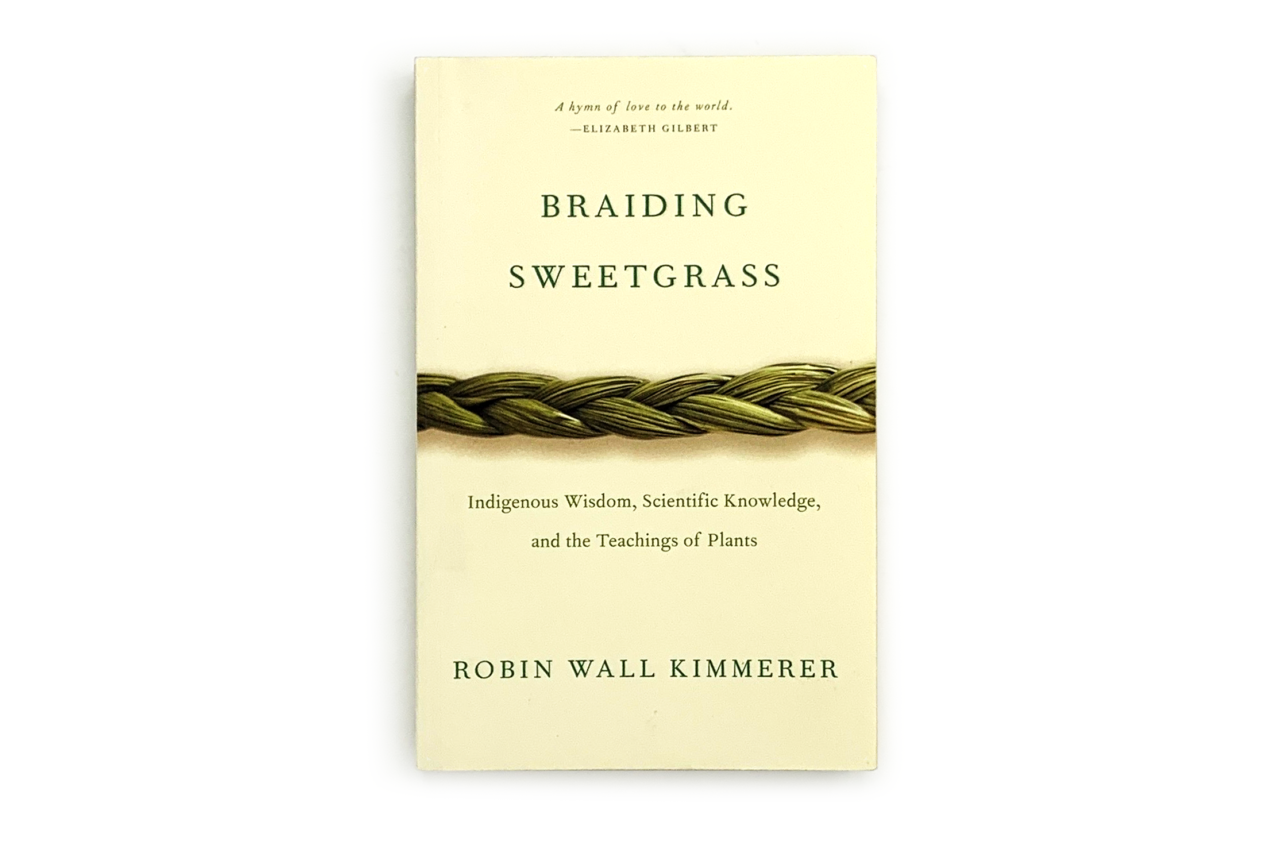
Braiding Sweetgrass: Indigenous Wisdom, Scientific Knowledge, and the Teachings of Plants / Robin Wall Kimmerer, 2013
It is very fitting that this book was the subject of an ECU-wide study group. The author, a distinguished professor of environmental and forest biology, and a member of the Potawatomi Nation of Oklahoma, weaves a captivating narrative about plants. Her portrayal includes how plants exist, thrive, and co-exist with other living things in the world, and how much humans can learn from them about respect and care for other living beings, symbiosis, reciprocity, and sustainability.
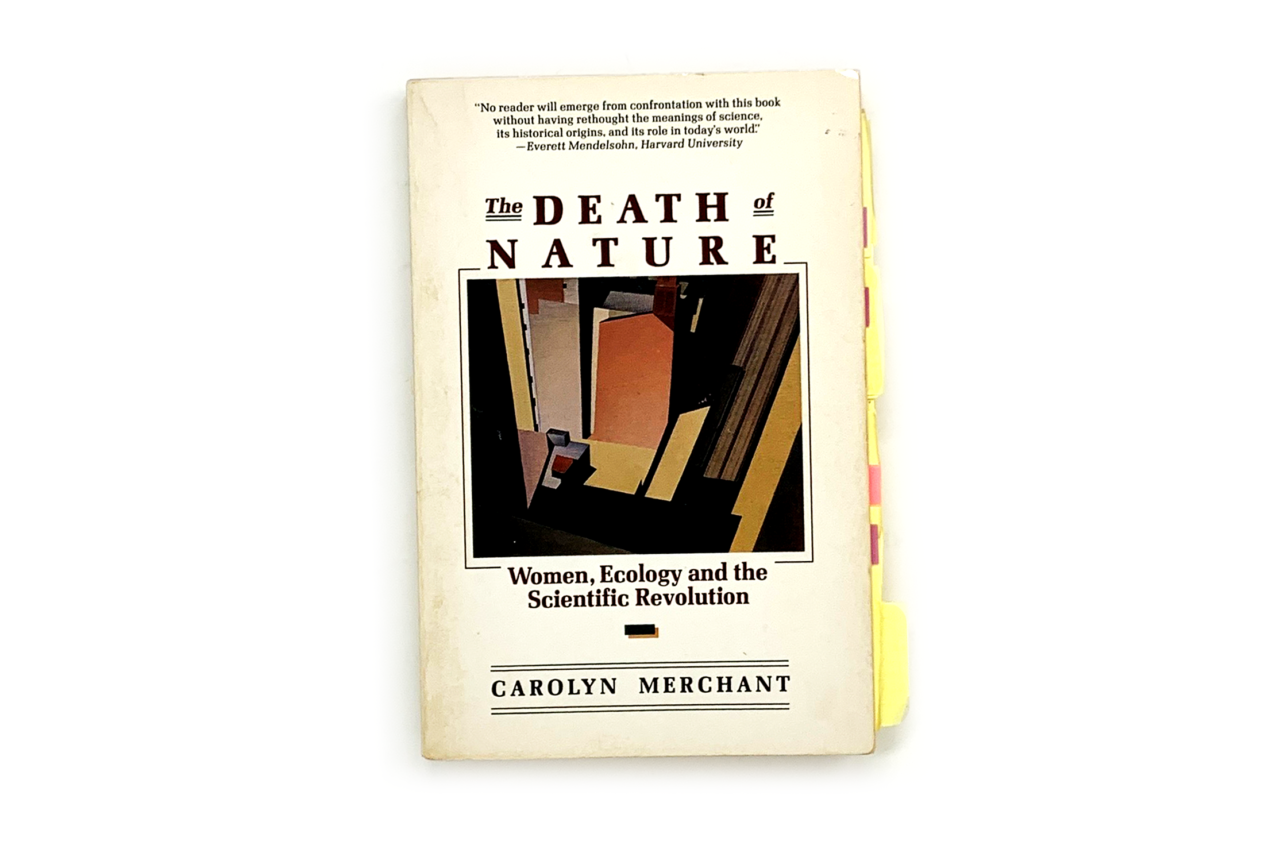
The Death of Nature / Carolyn Merchant, 1989
I love this book and have read it several times. In it, Merchant argues that the ‘scientific revolution’ of the 16th and 17th centuries, far from delivering universal enlightenment, changed the Western personification of nature from that of a benevolent mother, to that of a wild woman, to be tamed, controlled, and exploited. While subsequent thinkers have critiqued The Death of Nature for adhering to grand narratives and second wave feminist notions, I still think there’s a lot of value in Merchant’s arguments. For an eloquent re-appraisal of Merchant’s work, see Katherine Park’s Women, Gender and Utopia. Highly recommended!
New Books
We are also featuring a selection from the new items we have added to our collections this month! Click on a item to view it in further detail.
You can log in to your account to place a hold if you're interested in an item - and don't hesitate to contact us if you have any issues logging in to your account.
